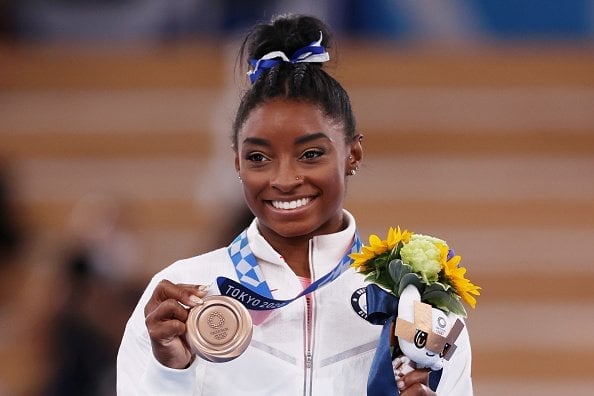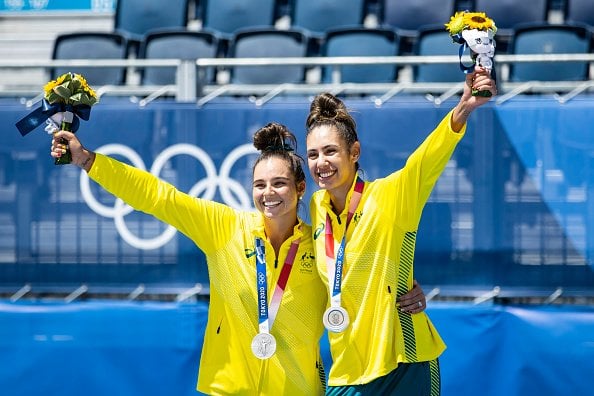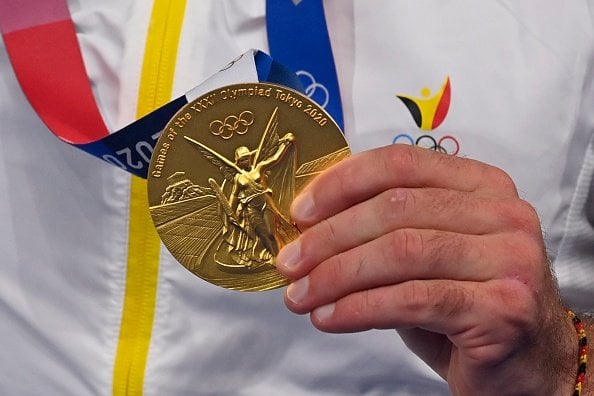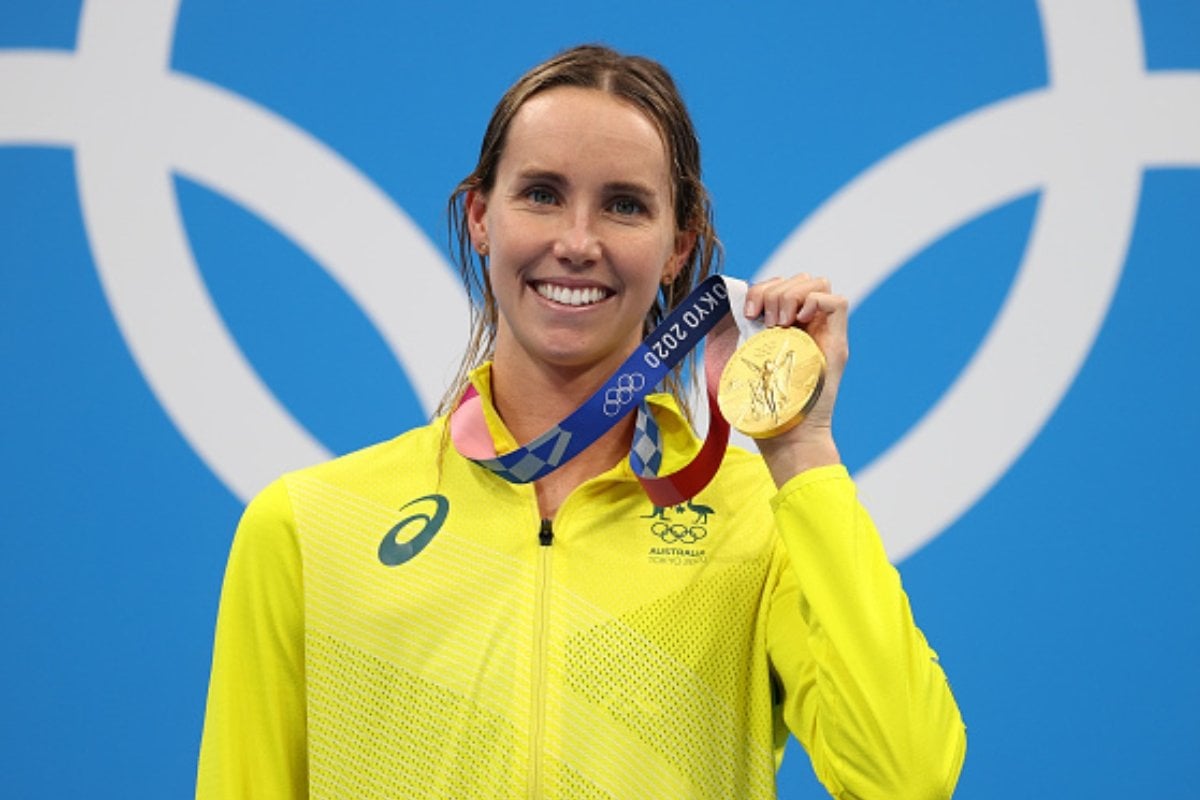
To get up to speed on everything Paris 2024 Olympics, check out our Olympics hub page. We've got you covered.
The Olympics is in full swing. But as we continue to cheer on our Aussie athletes as they go for gold, we have some burning questions.
It’s no secret that the athletes in France are among the best in the world, dedicating their lives to training and competing for their country. While the honour of representing one’s nation on the world’s biggest stage is priceless, it does raise curiosity about what they receive in return.
Watch: Surprising Olympic Partners. Post continues below.
We dug into the details to find out if Olympic athletes keep their gold medals, if there’s any prize money involved, and what other incentives await them.
Do the Olympic athletes get to keep the gold medals?
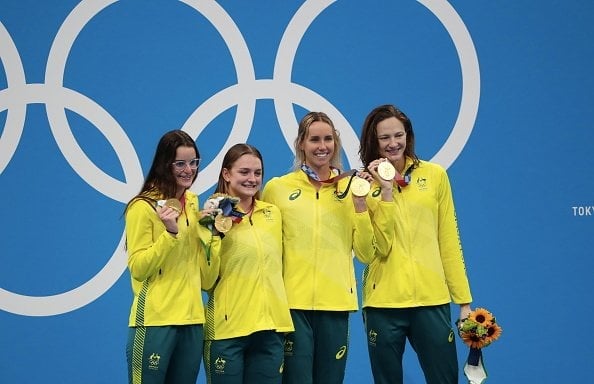 Image: Getty.
Image: Getty.



